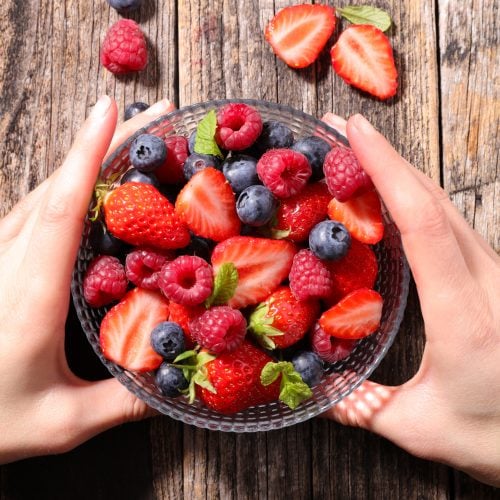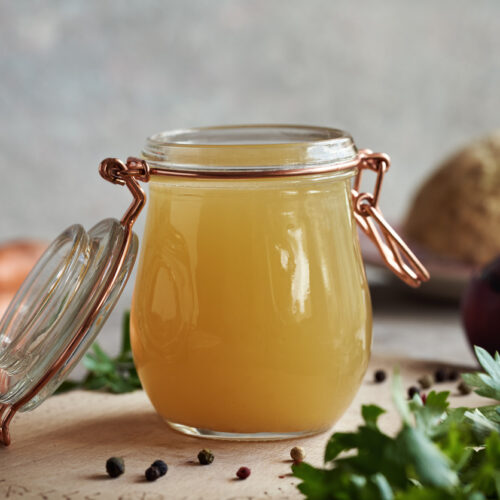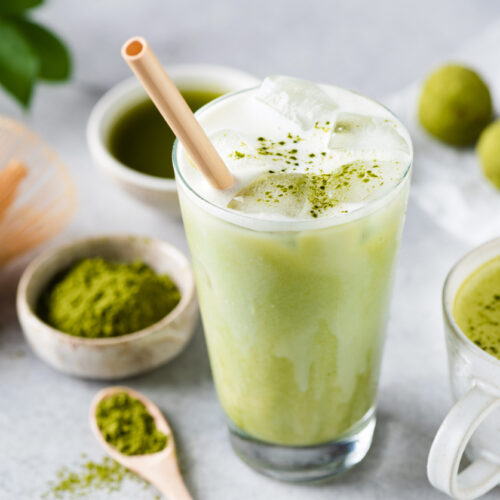
How far has your food travelled? Tips for lowering your food miles.
The phrase 'food miles' refers to the distance a particular food has clocked up on its journey to your shopping basket. Foods that have travelled larger distances accumulate more energy consumption – and therefore more carbon emissions – than those that are produced closer to home. For those of us concerned about our carbon 'footprint', trying to eat foods with fewer food miles on the clock can be a useful thing to do.
But it's not always easy. In 2006 the NZ government rejected a proposal for compulsory country-of-origin labelling of food. So unless a manufacturer tells you on the label, or in the case of produce, the shop tells you on the shelf, you can't always tell where something comes from. And although we often assume most of our locally-branded food comes from NZ, it's not always so. Frozen and canned fruit and vegetables increasingly come from Australia or further afield, and even meat (especially pork) can be imported. 40% of pork in NZ now comes from overseas.
So if you want to lower your food miles, how do you do it?
- Read labels. It's usually easy to tell when something has been manufactured overseas. Locally-branded products may or may not tell you where the raw ingredients come from.
- Use your consumer power. Ask your supermarket produce manager where things come from, and ask them to label the produce. Call manufacturers of your favourite products and ask where the ingredients come from. The more we ask, the more they'll be motivated to tell us.
- Know what's in season. Seasonal produce is likely to be locally-sourced. If you're buying strawberries in the middle of winter, they probably don't come from around here.
- Make use of farmers' markets, which are popping up all over the country. This is where you'll find seriously local produce, and get to talk to the person who grew it as a bonus.
- Consider growing your own. Salad greens, herbs and potatoes are all easy to grow all year round and are a great way to get kids interested in food.
- Don't just use food miles as your measure. If you can, favour companies who practice sustainable production. The good news is, in NZ our farming practices are far less intensive and therefore far more energy efficient than many other countries. A study last year by Lincoln University found that even taking into account the distance travelled, the energy used in producing lamb in the UK is four times higher than the energy used by NZ lamb producers. Another good reason to buy local.
www.healthyfood.com










